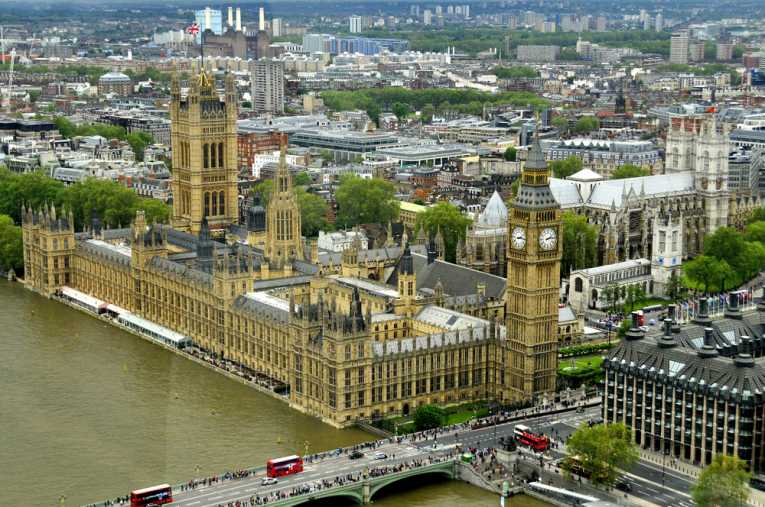A mixed picture has emerged from new environmental data issued by the UK government. The UK Environmental Accounts for 2012 shows greenhouse gases grew 3% in 2009/10, but were down 17.2% over the last 20 years.
Energy consumption rose 3%, mostly from consumer use rather than industry, but energy from renewable and waste sources grew five times to 7.1Mtoe, which equals 3.2% of total energy consumption.
Britain's oil reserves halved in the 20 years to 2010 to 2.5 billion tonnes, as did its use of coal, which fell to 32.5Mtoe, but the amount of natural gas used doubled to 92.3 Mtoe.
The value of UK woodlands rose 69% to £9billion over the last three years and a total of £49.3billion was collected in environmental taxes in 2011, which equals 2.9% of Gross Domestic Product.
The figures show that UK material productivity more than doubled in the last 20 years, which meant the amount of natural resources used fell compared with the level of economic activity.
From 2009-10 the UK economy grew 2.1%. At the same time, average temperatures fell by 11.4%. Both contributed to increases in energy consumption and greenhouse gas emissions.
As a result, there was a rise in oil and gas extraction from the UK Continental Shelf and remaining reserves are being used faster than new deposits are being found.
In 2010, oil extraction in the UK totalled 63 million tonnes - the lowest since records began in 1989.
In 2010, £13.3 billion was spent by the government on environmental protection in 2010, up £140 million on 2009. Anti-pollution measures rose £228 million to £521 million and bio-diversity and landscape protection jumped £96 million to £558 million.
Domestic Material Consumption fell in 2010, suggesting UK economic growth rose while negative environmental impacts were limited and use of renewable and waste sources rose.
The UK's renewable & waste energy total in 2010 consisted of 45% from waste sources, including landfill gas, sewage gas, municipal solid waste and poultry litter, 20% from wood & straw, 18% from liquid bio-fuels, bioethanol & biodiesel and 17% from renewable generation from hydroelectric power, solar photovoltaic, geothermal aquifers & energy from wind, wave and tide.
The UK's Environmental Accounts are extensions to National Accounts, and are drawn up in accordance with the System of Integrated Environmental and Economic Accounting, which closely follows the UN System of National Accounts.
They measure the impacts the economy has on the environment - such as the effect of pollution - and how it contributes to the economy - such as the use of raw materials. The results help contribute to sustainable development policy.










